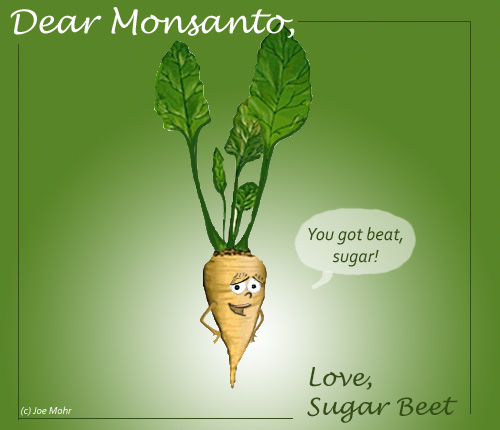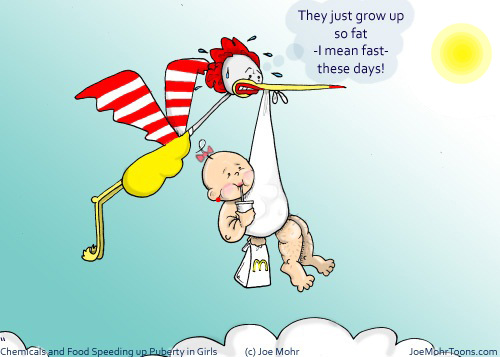
Any time you eat non-organic food, there is a 70 percent chance you are ingesting genetically modified organisms (GMOs). Modern genetic modification is different from historical alterations–such as plant breeding–because today, genes are transferred from one species to another. For instance, when you eat GM food, there is a good chance it has been injected with genes from the bacteria Bacillus thuringiensis (Bt)—hence Bt Corn.
Are these GM foods a path to end world hunger and ensure a robust harvest in the face of possible harsh future climates? Or, is it a way for corporations to gain global control over agriculture for profit, releasing organisms that have unknown effects on the environment and human health?
According to the USDA, in 1996, less than 5 percent of soy products were genetically modified. Within 12 years, that amount increased to 90 percent. These have been in our foods for over a decade and as far as we can tell, nothing has really gone wrong. Is that why most Americans are not hearing about GMOs?


